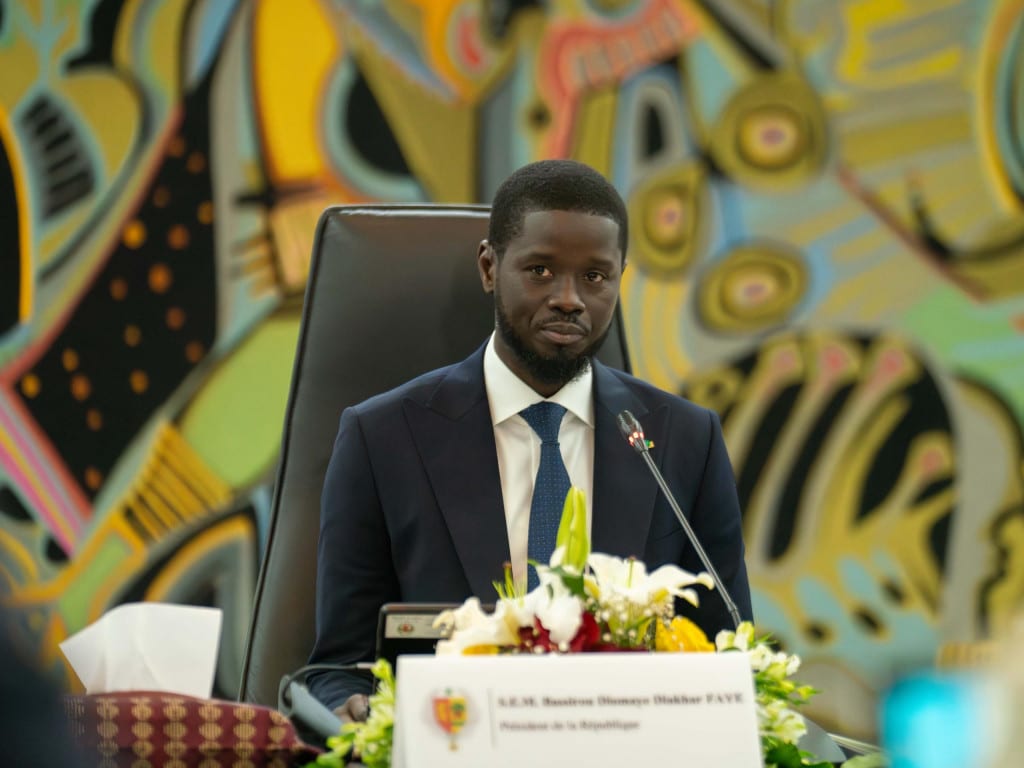President Bassirou Diomaye Diakhar Faye unveiled plans to create a regulatory authority for Senegal’s water sector at his first Council of Ministers meeting on 17 April 2024. This decision is part of a series of decisions taken on the spot to improve the water situation in the West African country.
For the man who officially took the helm of Senegal on 2 April 2024, the new structure will improve the governance of drinking water, in order to meet the challenge of sustainable management of this resource, in particular through the introduction of a basin-based system, and a review of the transfer of management of rural boreholes to the private sector. “The issue of access to drinking water, particularly in urban centres and rural areas, remains a major concern for the population and must be resolved,” emphasised Bassirou Diomaye Diakhar Faye in his speech on 17 April 2024, consulted by Afrik 21.
Guaranteeing access to drinking water for all Senegalese
Senegal’s new strongman has also asked his prime minister, Ousmane Sonko, to hold an inter-ministerial council meeting on the water sector in order to put forward urgent proposals aimed in particular at speeding up the completion of water projects (boreholes, water towers, networks, etc.), assessing public service delegations for drinking water in urban and rural areas, assessing the water pricing system and adopting a major consolidated national programme for access to drinking water.
Read Also – SDGs: the five major projects of Bassirou Diomaye Faye, Senegal’s president-elect
According to official sources, the rate of access to drinking water in Senegal is 98.8% in urban areas and 91% in rural areas, but the projects announced aim to increase coverage to 100% by 2030, in line with the sixth Sustainable Development Goal (SDG6) set by the United Nations in 2015 and adopted by the West African country.
Auditing major contracts in the water sector
Bassirou Diomaye Diakhar Faye has asked the Senegalese Ministry of Water and Sanitation to “carry out a rapid audit” of the leasing contract between Senegalese National Water Company (SONES) and Sen’Eau, the new Senegalese drinking water distribution company created in 2020 from the ashes of Sénégalaise des Eaux (SDE) and owned by the Senegalese state (55%) and France’s Suez (45%). Under this contract, the environmental giant will manage the public production and distribution of drinking water in Senegal for 15 years, serving a population estimated at over 18 million. The audit request also concerns the State-Sones-Sen’Eau performance contract.
The Senegalese Head of State has also asked the Senegalese Ministry of Hydraulics and Sanitation to begin evaluating public-private partnerships (PPPs) and all public service delegation contracts for drinking water in urban and rural areas, with particular emphasis on the Mamelles and Grande Côte desalination projects developed by Sones.
The Mamelles desalination project, near the capital Dakar, was launched in June 2022 by former Senegalese president Macky Sall, and has been heavily criticised for its cost (nearly €200 million via a loan from the Japan International Cooperation Agency (JICA)) and its foreseeable impact on the coastal environment. Once operational, the desalination plant will treat seawater using the reverse osmosis process and will be capable of supplying 50,000 m3 of drinking water per day, expandable to 100,000 m3. Work on the desalination plant on the Grande Côte, some 40 km north-east of Dakar, will be carried out by the Saudi company Acwa Power, which specialises in power generation and water desalination, in two phases of 200,000 m3 of water per day each, giving a total capacity of 400,000 m3 of water per day. This is the last PPP to be signed (on 29 March 2024) by Macky Sall as President of Senegal.
Inès Magoum
